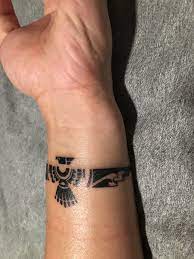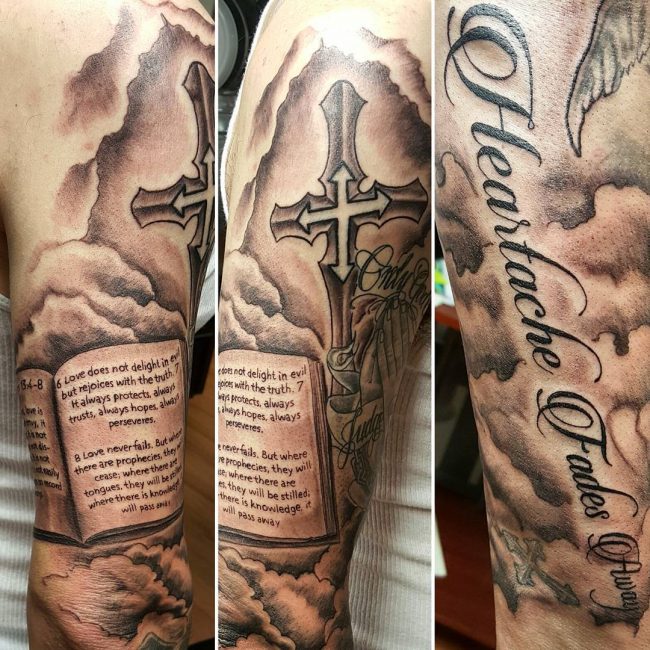

Tattooing your favorite bible verse or story on your body is an excellent way to keep God’s word close by. You can choose symbols like crosses, doves, the Jesus fish, an angel, praying hands or even a picture of Jesus himself for added emphasis.
Scars
One way to interpret the scars found in the Bible is by considering their connection to Jesus Christ himself. His scars serve as reminders that his crucifixion and resurrection were intertwined, showing that his body remains faithful even after he has died on the cross.


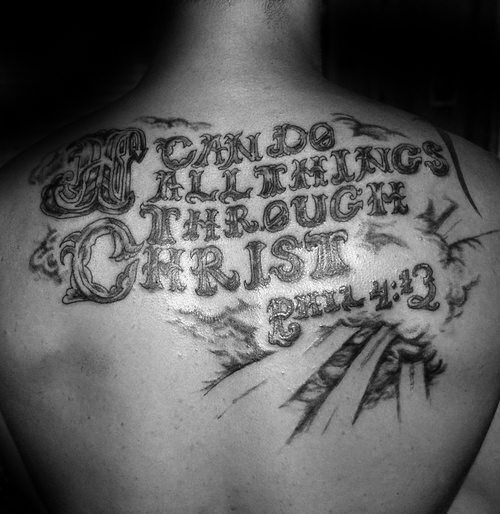
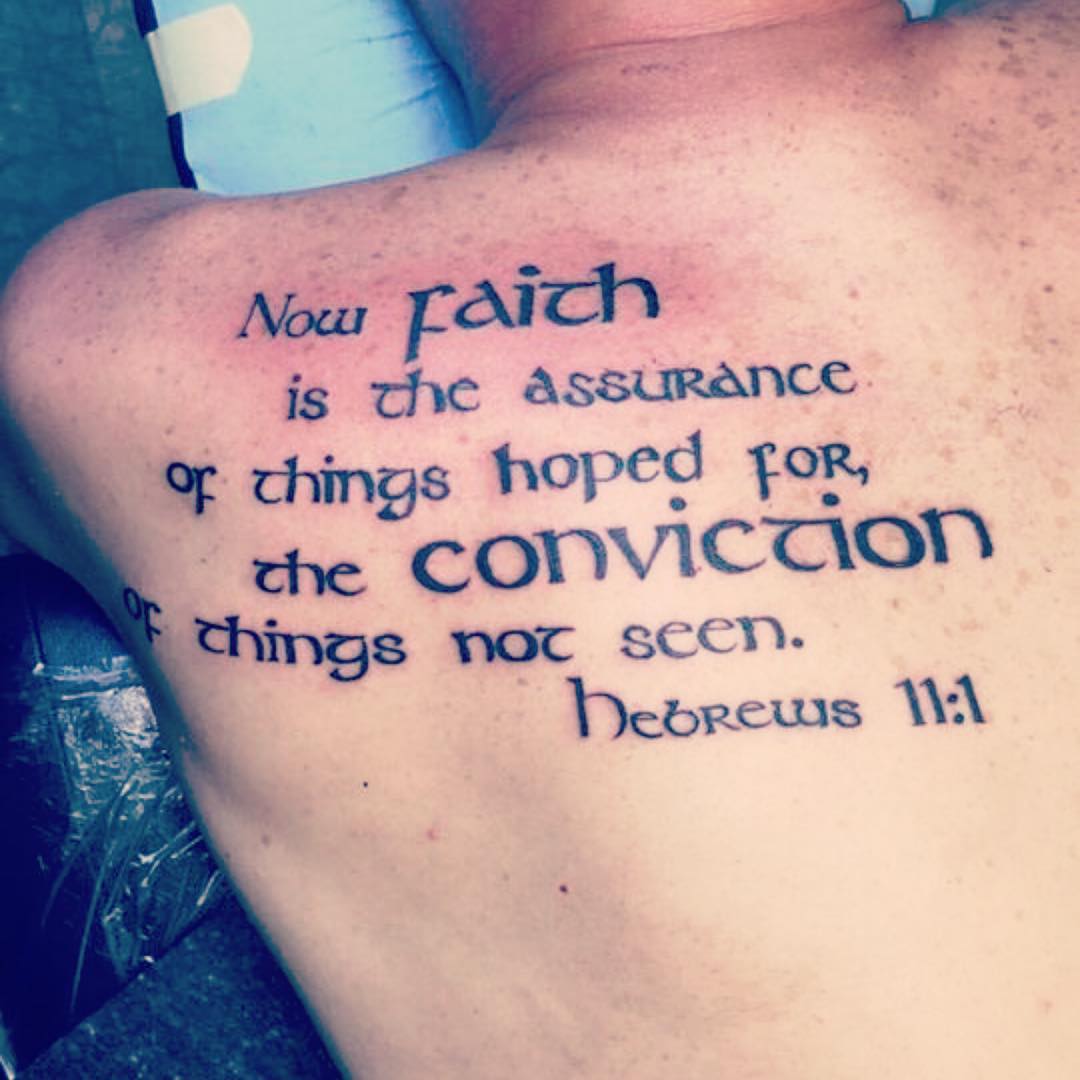
Christians with scars from physical injuries, sexual abuse or gang affiliation can feel a connection to those who have endured similar circumstances and be encouraged by those who have endured them. We may also recognize God using these scars to bring us closer to Himself – just as He did for the disciples when Jesus revealed His scars after He rose from the dead.
In ancient times, people were marked to identify with specific groups or societies. Soldiers, slaves and devotees alike had their bodies marked with a mark that identified them as belonging to their master or group. During Israel’s time, this practice was widespread.







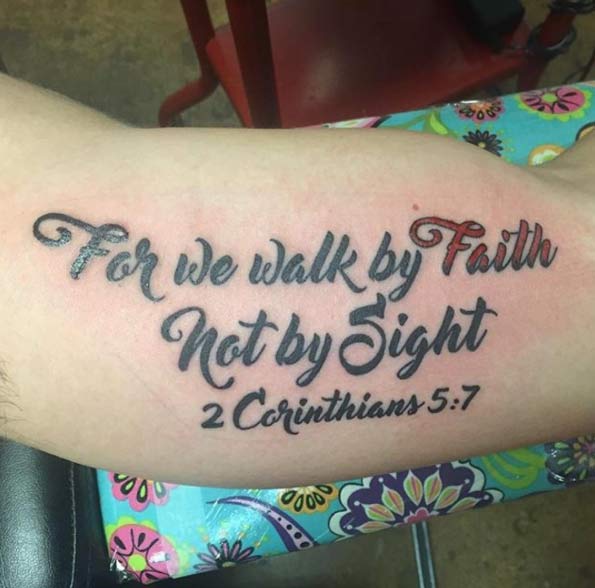
That doesn’t make tattooing wrong, but rather that we should exercise caution when applying things to our bodies and ensure we do not add to the issue by doing something against Biblical principles.
Leviticus 19:28 is often misinterpreted as prohibiting marking skin or cutting flesh, but its actual purpose was to act as a cultural insulator by keeping Jews from doing things which might make them more closely identified with pagan gods and their practices of mourning. No matter its interpretation, remembering to honor those who have passed away is essential for moving forward in life while remembering their memory.


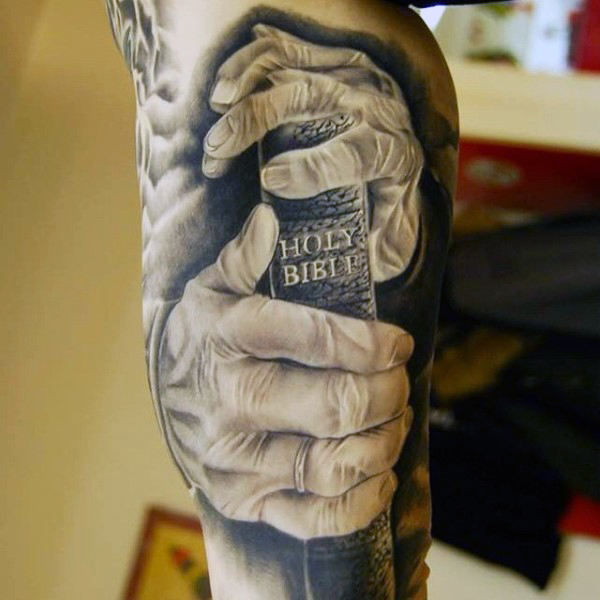



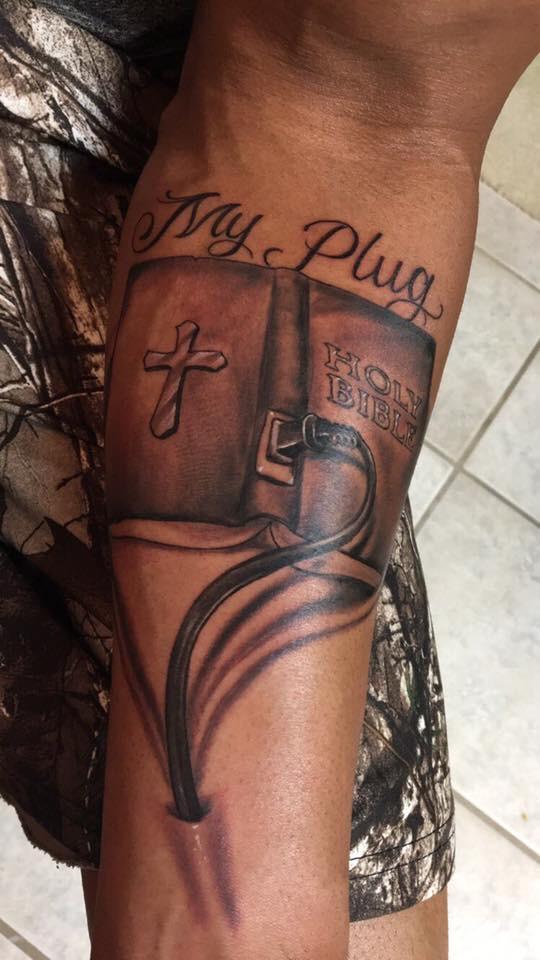

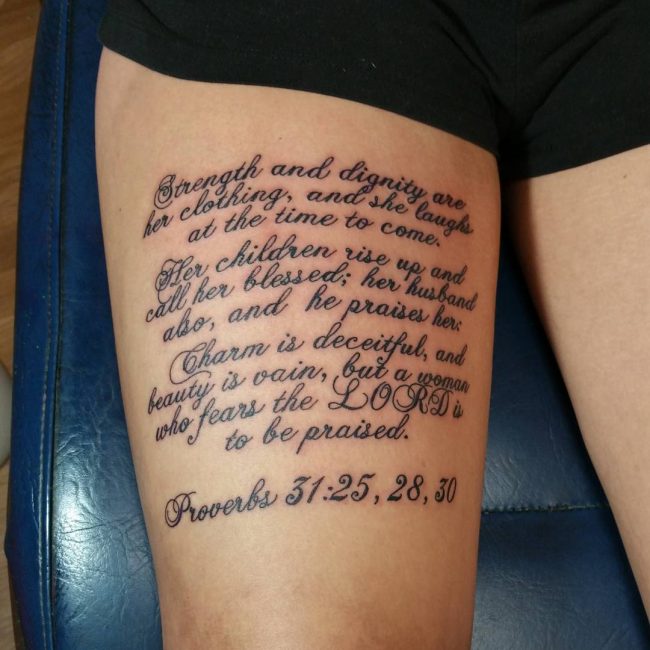




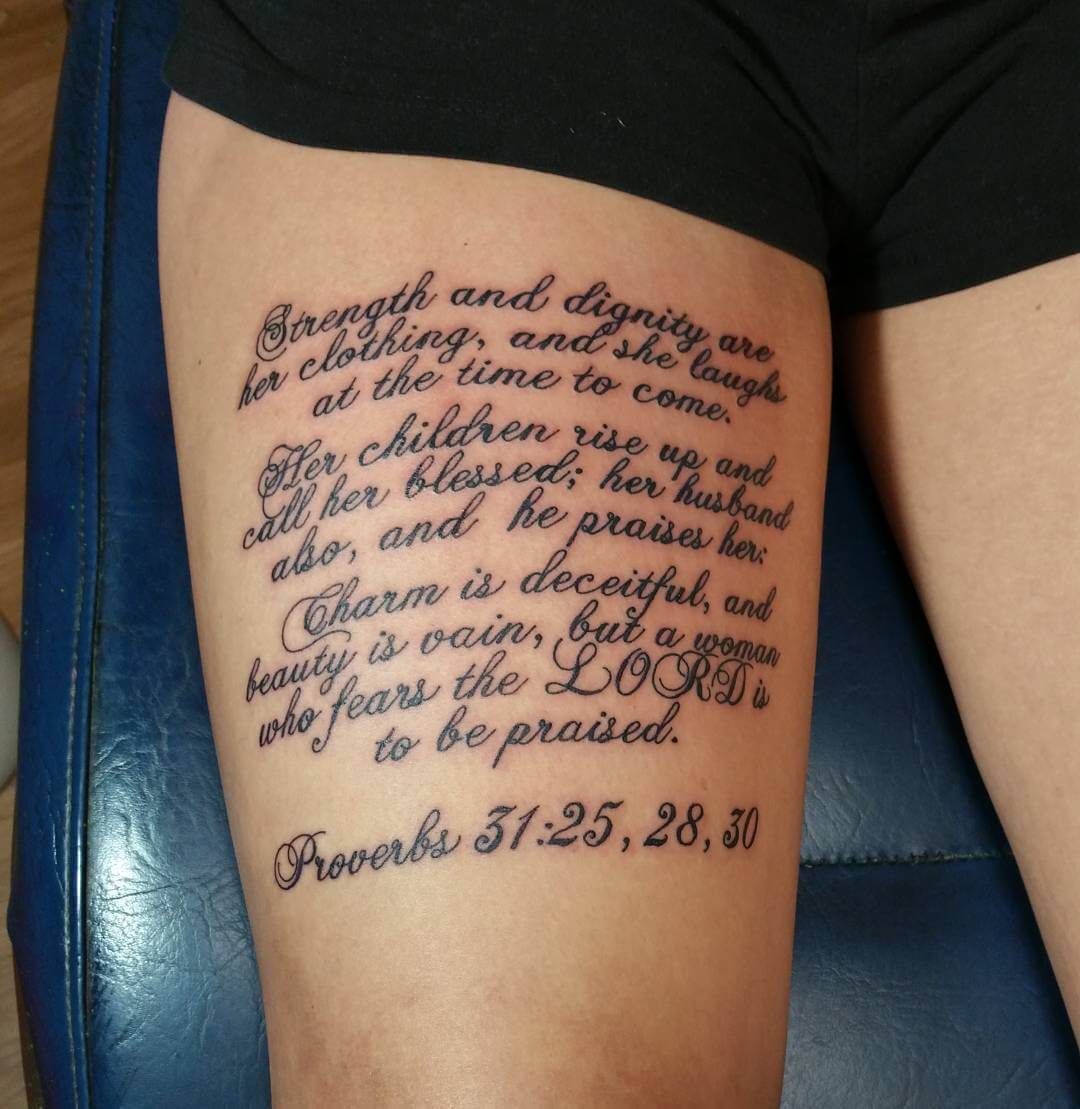


Ink
Though the church once strongly condemned tattoos, they have become increasingly commonplace among Christians.

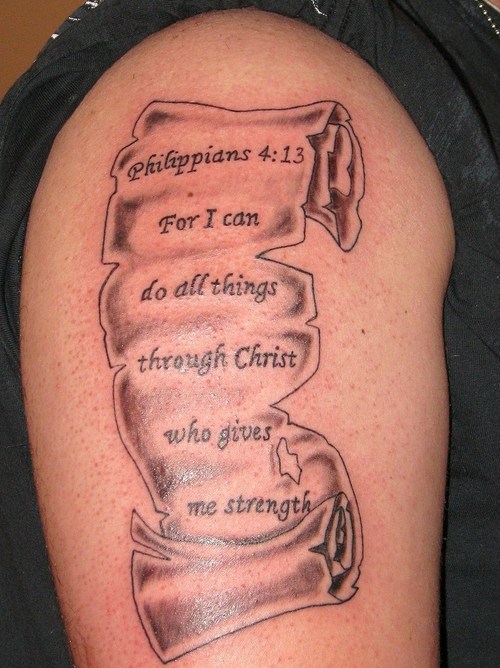











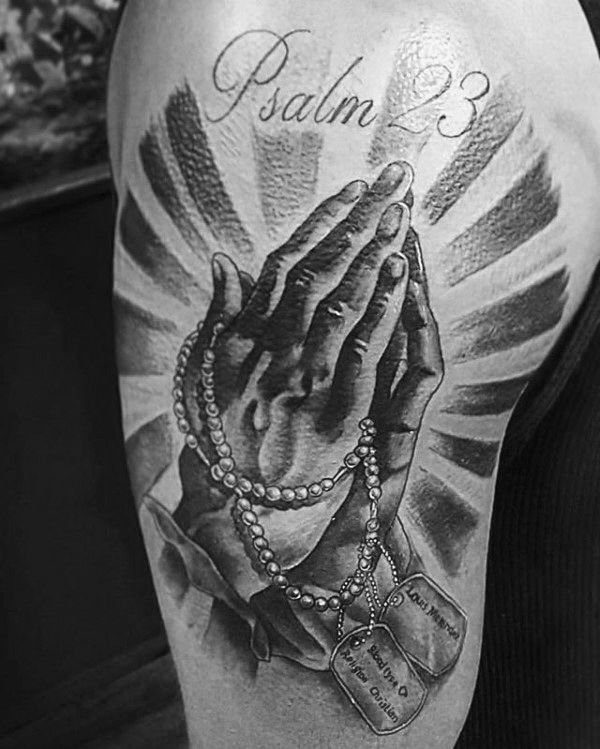
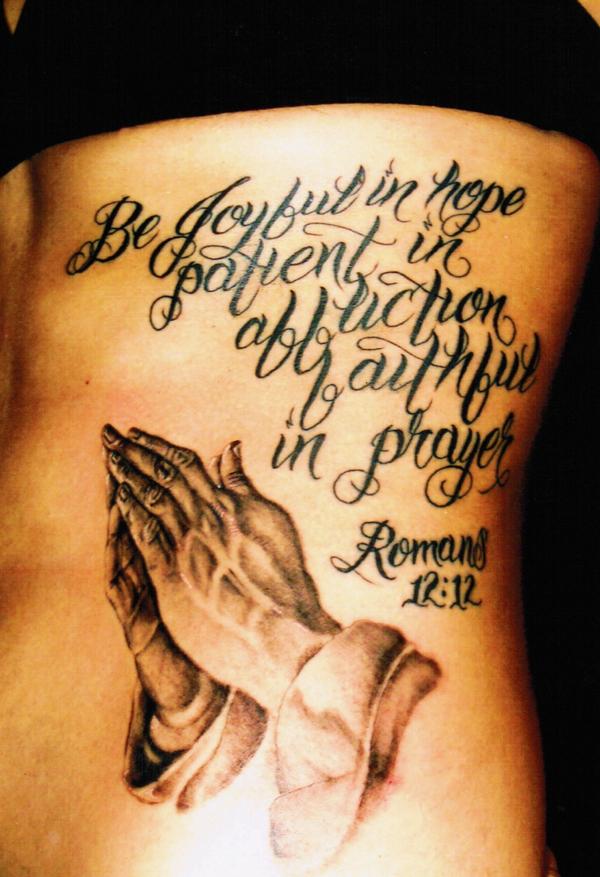
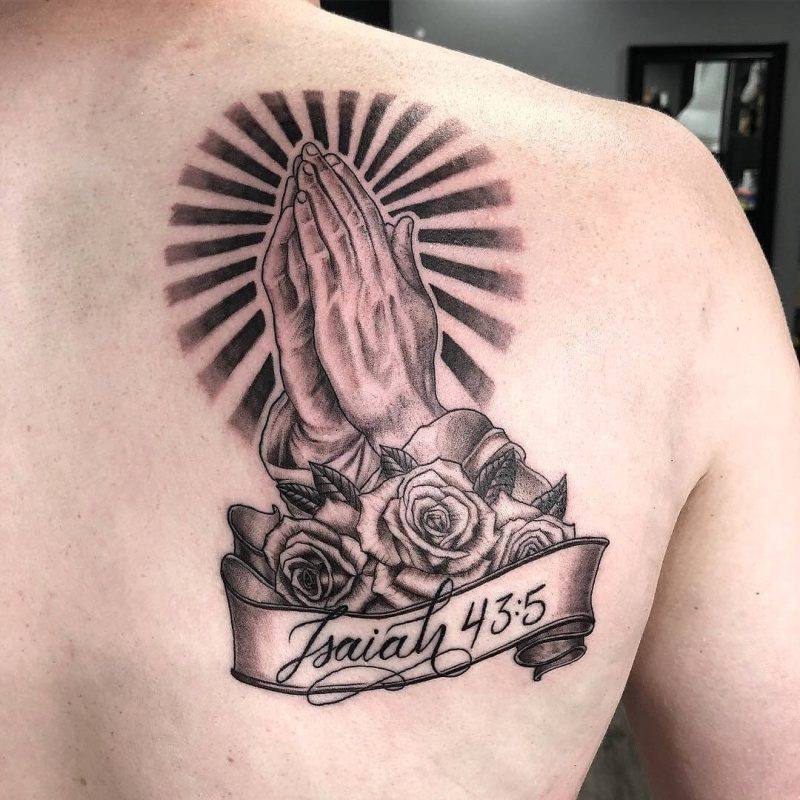
Many people choose to get tattoos for various reasons. Whether it is to express their faith or belong to a certain group, tattoos help remind us what matters most to us. Furthermore, they make great conversation starters and add some style to your wardrobe!
Beyond just showing off a unique tattoo, it’s essential to remember that your body is an altar to God. He created it, so treat it with reverence and respect.




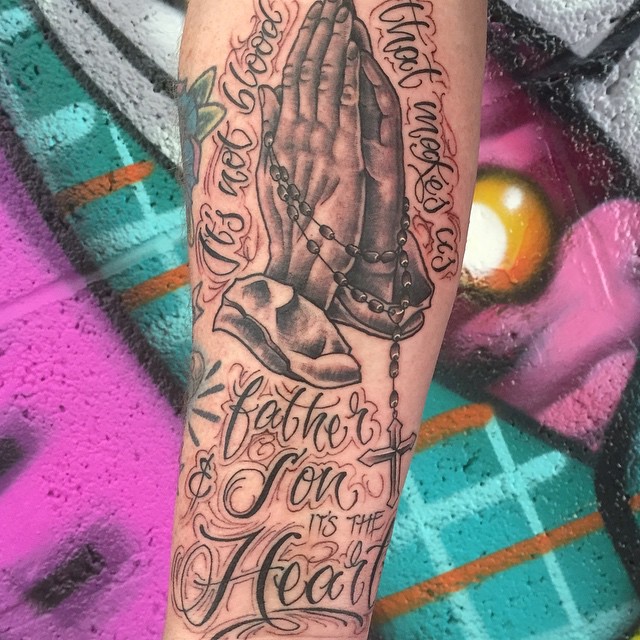

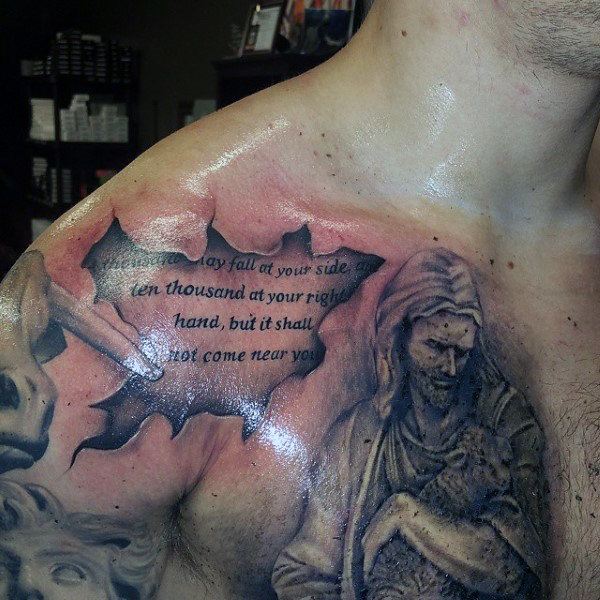


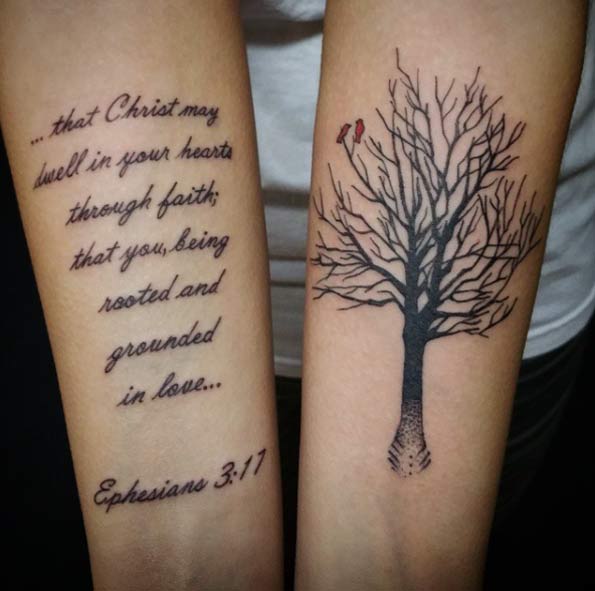




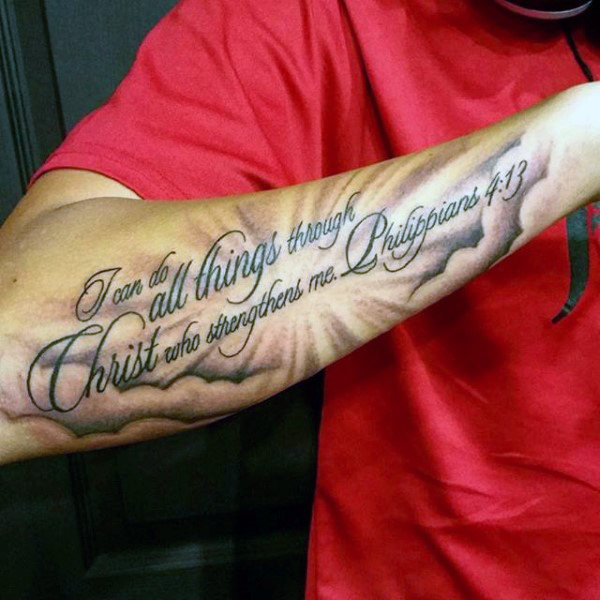

Before making your final decision, consult the Bible to see what it says about tattoos. tattoos were once associated with ritualistic killing and slavery in the Old Testament.
The Bible only mentions ink twice, in Exodus 32:33 and Numbers 5:23. The ink used to write the Bible was a dark mixture made up of charcoal or soot mixed with some kind of sticky substance. Charred fish bones or cooking fires could have provided the source for this black powder, which was readily available during that era.


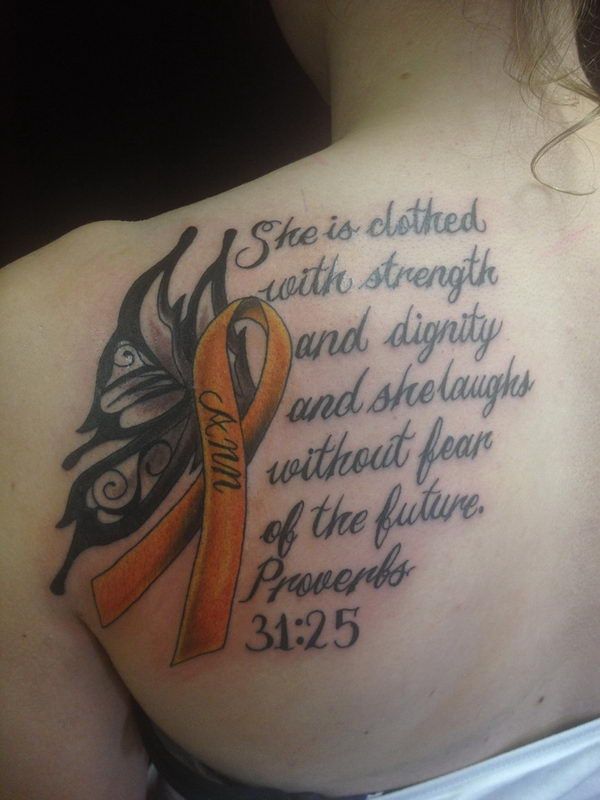


If you’re a Christian looking for ideas for your next tattoo, consider using symbols from the Bible as inspiration. Crosses, doves, the Jesus fish, praying hands or angels are all great symbols to remind yourself of your beliefs. These designs can range from an outline to a large embellished design.
Take a look at our 15 Bible Verses Every Christian Should Know by Heart here for some motivation!
Identity
Identity is the feeling of belonging that we experience as individuals, encompassing traits such as biological sex, appearance, ethnicity and the social roles we play.
This form of knowing allows us to identify with others and make informed decisions for ourselves.
Our identities are both stable and fluid, evolving over time as our body changes and identities become more nuanced. While male or female may remain constant within us, how we define ourselves may shift as we age and adapt with what body type suits best.
Identity can be an extremely significant factor, particularly when someone seeks to exercise basic rights and responsibilities within society.
Many governments have prioritized promoting the rights of individuals to be recognized by their own names and photo identification. Doing so will enable them to access healthcare services, social benefits, pensions and more.
This is especially crucial if you plan to access your own healthcare, since proving who you are to the doctor will be necessary.
While this prohibition may not apply to all Christians, it should still be taken seriously as God may be trying to convey an instruction against body adornment.
Testimony
In a court of law, testimony is an official declaration about what someone did or knew about a situation. They promise to tell the truth, so their testimony is highly valued.
In this way, a bible tattoo serves to demonstrate one’s belief in God. It serves as a reminder that Christ has transformed them and their lives have become more like His.
A powerful testimony should center around Jesus and how He saved you from a life of sinfulness. It should have an accessible plot or thread, without confusing tangents or complex details that might turn people off.
That is why it’s best to keep a testimony brief and sweet – no longer than 3 to 5 minutes long. Testimonies that go on too long often get into too many details and may lose people’s attention.
Many times, a person’s personal story can be tied to something in the Bible, such as rain or lion. This connection helps others understand why these symbols matter so much to them and makes their story simpler to grasp.
If a tattoo is connected to their testimony, then it can be an effective tool for sharing the gospel. Even if the symbol is not directly associated with their conversion story, it gives them a unique narrative about how Jesus transformed their life and gave them hope.
Christians can use tattoos as a visual representation of their faith, just as music or other art forms do. A tattoo may spark conversations about God and prompt people to ask questions about the Bible or their relationship with Christ. It could even spur others on to seek God more deeply and make decisions for themselves about which faith they want to live by.
